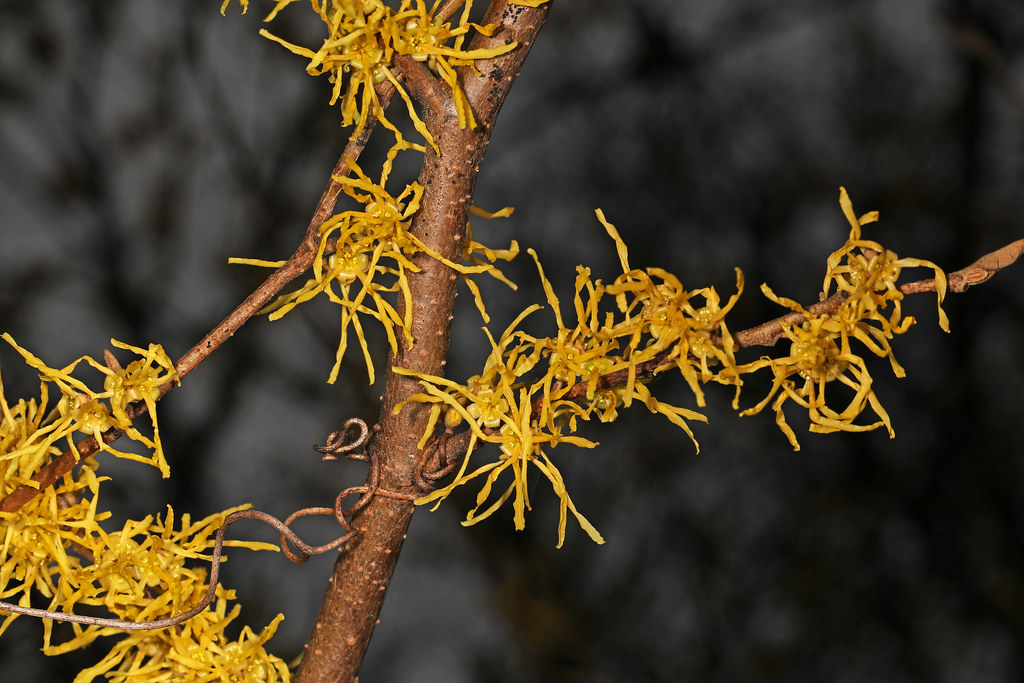Botanical Description:
Scientific Name: Cichorium intybus
Family: Asteraceae
Common Names: Chicory, Wild Chicory, Succory
Description: Chicory is a perennial herbaceous plant belonging to the Asteraceae family. It features a rosette of lance-shaped leaves with a slightly bitter taste. In the second year of growth, tall stems emerge, bearing bright blue, daisy-like flowers. The plant is characterized by a taproot, which is the part used medicinally. Chicory is native to Europe, but it has naturalized in various regions globally. It thrives in well-drained soil and is often found along roadsides, meadows, and disturbed areas.
Disclaimer:
This Materia Medica is provided for informational purposes only and should not replace professional medical advice. Please consult with a qualified healthcare practitioner or herbalist before using any herbal remedies.
Therapeutic Actions:
- Bitter Tonic: Chicory root is known for its bitter taste, making it a valuable bitter tonic that stimulates digestive function.
- Hepatic Support: The bitter compounds in chicory contribute to its hepatic (liver) support, aiding in liver detoxification processes.
- Mild Laxative: Chicory has mild laxative effects, promoting bowel regularity and preventing constipation.
- Prebiotic Properties: Inulin, a type of soluble fiber found in chicory, acts as a prebiotic, supporting the growth of beneficial gut bacteria.
- Anti-Inflammatory: Chicory contains compounds with potential anti-inflammatory effects, contributing to overall health.
Constituents:
- Inulin: Chicory root is rich in inulin, a soluble fiber with prebiotic properties.
- Bitter Compounds: Sesquiterpene lactones, such as lactucin and lactone, impart the bitter taste and therapeutic actions.
- Vitamins and Minerals: Chicory provides vitamins (vitamin C) and minerals (manganese, potassium) in varying amounts.
- Polyphenols: Polyphenolic compounds, including flavonoids, contribute to chicory’s antioxidant properties.
Traditional Uses:
- Digestive Tonic: Chicory root is traditionally used as a bitter tonic to stimulate digestive juices and improve appetite.
- Liver Health: The bitter compounds in chicory support liver function, aiding in detoxification processes.
- Constipation Relief: Due to its mild laxative effects, chicory can be used to relieve occasional constipation and promote bowel regularity.
- Prebiotic Support: Inulin in chicory acts as a prebiotic, nourishing beneficial gut bacteria and supporting gut health.
- Blood Sugar Control: Some studies suggest that chicory may help regulate blood sugar levels.
Dosage and Preparation:
- Chicory Root Infusion: Prepare an infusion by steeping 1-2 teaspoons of dried chicory root in hot water for 10-15 minutes. Drink up to three times a day.
- Chicory Coffee Substitute: Roasted chicory root can be ground and brewed as a coffee substitute, offering a rich flavor without caffeine.
- Chicory Tincture: Commercial chicory tinctures are available. Follow product recommendations or herbalist advice for dosage.
- Inulin Supplements: Inulin supplements derived from chicory root are available for those seeking its prebiotic benefits.
Cautions and Considerations:
- Allergic Reactions: Individuals with known allergies to plants in the Asteraceae family (such as ragweed) may experience allergic reactions to chicory.
- Pregnancy and Lactation: Pregnant or lactating individuals should consult with a healthcare provider before using chicory.
- Gallstones: Those with gallstones or bile duct obstruction should avoid chicory, as it may stimulate the release of bile.
- Blood Sugar Monitoring: Individuals with diabetes should monitor blood sugar levels, as chicory may affect glucose metabolism.
Conclusion:
Chicory root, with its bitter taste and therapeutic properties, has been valued traditionally for its digestive and hepatic support. Whether consumed as an infusion, a coffee substitute, or in supplement form, chicory offers a natural approach to promoting digestive health and overall well-being. As with any herbal remedy, individual considerations, such as allergies and specific health conditions, should be taken into account. Seeking guidance from a qualified healthcare practitioner or herbalist ensures safe and appropriate use. Integrating chicory root into a holistic health approach can contribute to digestive balance, liver health, and overall vitality.





